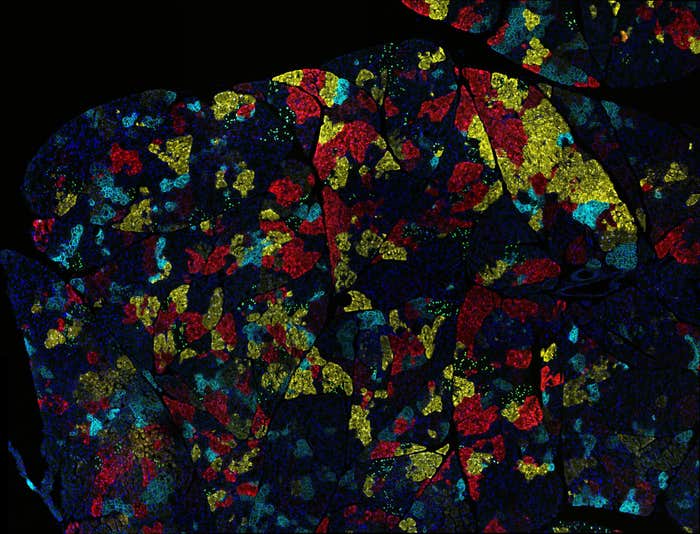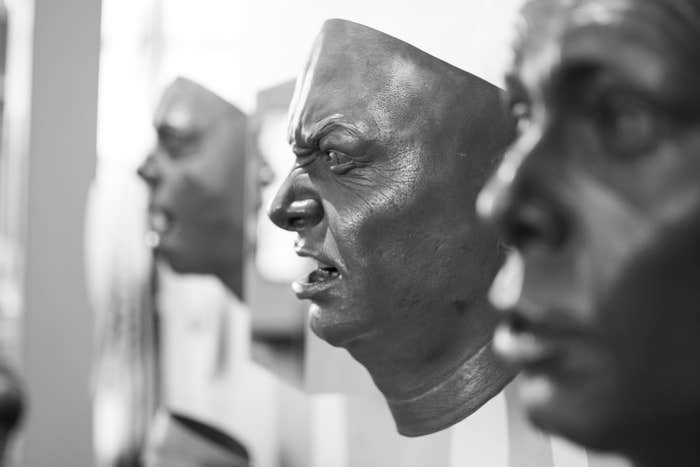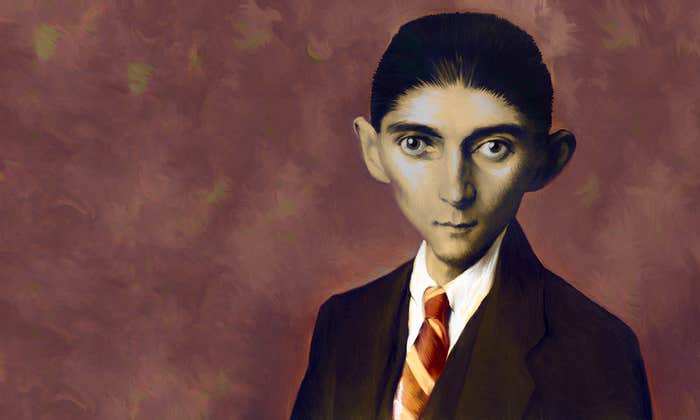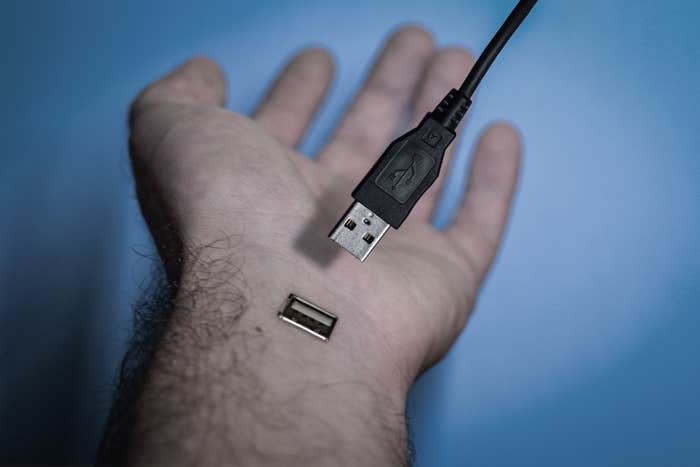It is not uncommon that I lie about what I do for a living. When meeting strangers, basic introductions quickly turn into conversational quicksand for me. Whether posed for identification, categorization, assessment of social status, or to fill an empty conversation, inquiries about work are difficult to avoid. I know that such questions are innocent attempts to situate me somewhere in the atmosphere; we use the occupational compass to direct us toward an identifiable point in each other’s lives. I know this, and yet the job question, when it comes, often has me squirming for answers.
My eyes dart away from the pair in front of me expecting a straightforward reply.
The question triggers a peculiar type of “flight or fight response,” as if the topic of what I do for a living poses a personal threat. Most of the time I dodge the issue or flee entirely. At other times, I will stay and face the question in the easiest way possible, avoiding the pitfall of pretending to be an accountant in front of the local manager of H&R Block.
First, I say I’m a doctor. In response to the inevitable question, “What kind …?” I’ll sometimes blankly respond, “Oh, a general practitioner—a family doctor …” After all, I was one of those once, so it’s not really a bold-faced lie. I know about triaging colds and flu, about vaccinating kids and monitoring benign conditions. I know about diagnostic skills at risk of becoming blunted by seeing so many “walking well” and about desperately hoping not to miss a serious illness cloaked in a veneer of nonspecific anxieties and nondescript sensations and pains. But, in truth, I am no longer one of those.
When I don’t escape or lie—there is no way to predetermine when the urge for honesty will suddenly strike—I answer, “I’m a cancer specialist,” and then feel the immediate lurch to the edge of a conversational cliff. This answer can be as shocking to my conversation partner as when I passingly ask someone, “How’s it going,” expecting a bland “not bad,” but instead have to respond to, “Oh just horrible—this has been one of the worst weeks of my life.” A momentarily stunned, uncomfortable silence follows.
Responses to my profession confession vary and often include vignettes of how the person has been touched by cancer in the present or past, whether through the closest of loved ones or the most distant of acquaintances. When no such vignette is forthcoming, the conversation often turns to “how close ‘they’ are to a cure” or to imaginative hypotheses surrounding etiologies and best preventive methods. The possible collusion of industry and government in preventing the dissemination of a simple, natural cure also comes up commonly. Inevitably, there is a tinge of disbelief: Most people know someone who has been impacted by a malignancy, but have never met someone who deals with the onslaught of disease and despair day in and day out.
For most people who are not medical professionals, just surviving an oncology job is cause for admiration and a certain degree of unqualified respect for sticking it out. From many we hear disbelieving comments similar to those that sometimes come from our own patients with whom we share their last hours, in between doses of narcotics or whispered over the hiss of oxygen from nasal prongs, “How do you do this every day?” Our students often have the same questions disguised in medically relevant discussions about treatment protocols, adverse effect management, and breaking bad news.
To a very few, in moments when the need to unburden trumps the need to hide, I describe the field of medical oncology with the subtitle, Negotiations and Love Songs, stolen from a Paul Simon album of the same name. We negotiate constantly with patient and disease–with what is realistic, reasonable, possible, and tolerable. We negotiate hope and reality, cure and palliation, how many tests to order, and when to order them. We negotiate the interpretation of disease status, whether of impending threat to health and life or of tenuous and uncertain stability. We negotiate prognosis, time frames, treatment options, lines of therapy, whether clinical trials make sense or are relevant. We negotiate the disease course constantly with patients and their loved ones, individually or in groups. We negotiate the gauntlet of physical and emotional fragility, hypervigilance, symptomatic distress, and existential chaos. We negotiate what we are in control of and what is beyond human control. We are often forced to renegotiate when previously agreed-on understandings are ripped to shreds without warning as a result of disease progression, secondary complications, or treatment toxicities. Over time, we become expert negotiators, developing skills never taught in medical school, as we keep coming back to the table with our patients, constantly reacting to changes in disease, psychology, and goals of care.
Even as these negotiations rage, the undercurrents of support, comfort, reassurance, and realistic optimism are a constant soundtrack to our work day. These are the oncologist’s love songs. We hum them along on a daily basis, sometimes with uplifting back beats, most times with a clatter of minor chords, melancholy enough to bring tears in the middle of a busy clinic. We see a little girl with deep circles under her young eyes hanging on to the frayed rope that is her weary mother’s hand, heroically leading her, pale and unsteady, to the elevator outside the chemotherapy unit. We note the anguished parents pacing the halls while waiting for the oncologist to come meet their son, recently diagnosed with metastatic colon cancer. Disbelief is etched in their watery gaze–incredulous that this could be happening to him, their one and only child, even as he tries to console them that everything is going to work out just fine. We spot the hovering pain of the bleary-eyed, harried husband camping out on a cot in the hospital room occupied by his wife of 27 years, not daring to leave her side, just in case.
We do see you, and it is you who inspire these rhythms and hymns, you to whom they are dedicated. Your stories of courage, suffering, and resilience are the lyrics to our oncologic lives accompanied by intrusive melodies that are encompassing and unforgettable. If you see us obliviously rushing past a scene of obvious tragedy, we are likely caught up in other negotiations and planning the next discussion in reaction to the change in expectations about to be experienced by the patient waiting for us down the hall, hoping for some good news.
So, this is my job. Did you really want to know?
If we meet up about town or on an airplane one day, and if I lie or change the subject when you ask me what I do for a living, please don’t be offended. Negotiations and love songs often need to stay quietly unannounced, unexplained, and misunderstood–allowing them to continue on, as they must.
Reprinted from the Journal of Clinical Oncology























